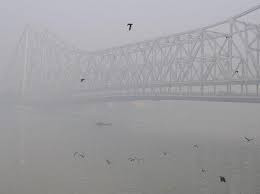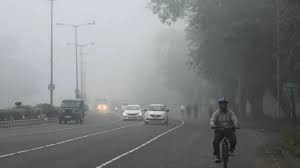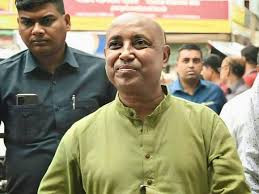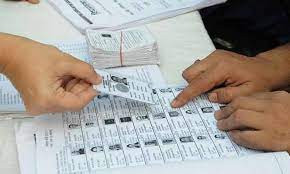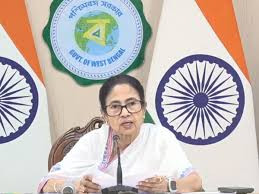Calcutta HC asks state to name Durga Puja grant defaulters, seeks affidavit on fund utilisation
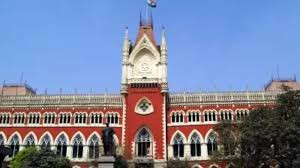
IIE DIGITAL DESK : The Calcutta High Court on Wednesday pressed the West Bengal government to produce a sworn affidavit listing Durga Puja committees that have failed to submit utilisation certificates after receiving state grants, and demanded clarity on whether the organisers are furnishing records showing how the money was spent.
A division bench asked the state to identify those puja committees that did not comply with earlier directions to submit expenditure details, saying that non-compliant organisers should be short-listed and, if necessary, government aid to them stopped. The court’s intervention came as part of hearings on public interest litigations challenging the state’s decision to raise the grant amount for puja committees.
The hikes announced by the state government — which raised the annual grant to Rs 1.10 lakh per Durga Puja committee this year — have attracted legal scrutiny, with two PILs arguing that the increase and the disbursal of public funds require transparency and closer judicial oversight. The petitioners have sought an explanation of the criteria used to award grants and asked the court to ensure accountability for public money.
During the hearing the bench made it clear it expected a detailed response from the state listing committees that did not file utilisation certificates last year despite earlier court directions. Officials were asked to explain what steps, if any, had been taken to verify actual expenditure and whether corrective action had been considered against defaulting committees. The next hearing was slated for Wednesday, when the government is expected to place the affidavit on record.
The controversy touches on a wider debate about state support for cultural festivals and the need to balance encouragement of community celebrations with fiscal probity. West Bengal’s puja grants — intended to help thousands of registered committees that stage neighbourhood Durga Pujas — have, in the past, prompted the judiciary to call for clearer guidelines on permissible use of funds and measures to prevent misuse. Critics and petitioners maintain that without strict checks and utilisation certificates, there is no effective audit trail for public spending.
As the matter returns to court, the state will have to justify both the hike in grants and the mechanisms it has in place to monitor spending. The High Court’s demand for a list of defaulters is likely to intensify scrutiny of how cultural subsidies are administered, and may prompt stricter enforcement or suspension of aid where expenditure cannot be satisfactorily demonstrated.
You might also like!




